
Amazing vitamin can help stop cancer growth and this is how much you need
Recent research has revealed that vitamin D—produced naturally by your body through sunlight exposure—may play a powerful role in preventing and treating several major cancers, including colorectal, breast, and prostate cancer. This discovery is particularly significant because these three cancers account for approximately 35% of all cancer cases and 20% of cancer-related deaths in the United States (1).
Dr. Cedric F. Garland of the University of California’s San Diego Moores Cancer Center, a leading epidemiologist, was one of the first scientists to establish a strong link between vitamin D deficiency and increased cancer risk (2). According to studies, vitamin D may help fight cancer by promoting cellular differentiation, inhibiting abnormal cell growth, inducing apoptosis (the programmed death of harmful cells), and preventing angiogenesis, the formation of new blood vessels that feed tumors (3).
A comprehensive review published in the Journal of Cancer concluded that a daily dose of 4,000 IU of vitamin D3 could significantly inhibit cancer progression, as measured by the key biomarker 25-hydroxycholecalciferol [25(OH)D] (4).
📌 Breast Cancer
Extensive research on breast cancer shows that maintaining adequate to high serum vitamin D levels can reduce cancer-related mortality by up to 44% (5). Women with very low vitamin D levels at the time of diagnosis were found to be 94% more likely to develop metastases and 73% more likely to die from the disease compared to women with normal levels.
“Doctors should emphasize the importance of maintaining adequate serum vitamin D levels—between 40 to 60 ng/mL for cancer prevention—and encourage their patients to check their vitamin D status regularly, especially during winter,” said Dr. Sharif B. Mohr, MD, of the Naval Health Research Center in San Diego (6). For women already diagnosed with breast cancer, serum levels could safely reach as high as 80 ng/mL, according to Dr. Mohr’s recommendation to Medscape Medical News.
Low vitamin D levels not only raise the risk of developing breast cancer but are also linked to more aggressive tumors and poorer patient outcomes (7). “Although further studies are needed, our lab and others have shown that individuals at risk for breast cancer should monitor their vitamin D levels and take steps to correct deficiencies,” said Dr. Brian Feldman, MD, PhD, assistant professor of pediatrics.
Vitamin D’s potential extends beyond prevention—it may improve treatment outcomes by enhancing immune surveillance and slowing tumor growth, making it a promising adjunct therapy alongside traditional treatments such as chemotherapy or hormone therapy.
📌 Prostate Cancer
A new study from the Northwestern University Feinberg School of Medicine identified a strong correlation between low vitamin D levels and aggressive prostate cancer. Researchers found that vitamin D deficiency serves as a clear biomarker for prostate cancer risk (8).
Laboratory experiments demonstrated that when prostate cancer cells were exposed to vitamin D, their growth rate slowed, cell invasiveness decreased, and apoptosis increased. Dr. Adam Murphy, MD, the study’s lead author and assistant professor of Urology at Northwestern University, explained: “Our research strongly suggests that men without prostate cancer have significantly higher vitamin D levels than those who are diagnosed with the disease.”
This cross-sectional study, conducted between 2009 and 2014, analyzed data from 1,760 cancer screenings compared to healthy controls. Vitamin D was also found to improve bone health, reduce symptoms of rheumatoid arthritis, and inhibit the progression of other types of cancer (9). Researchers concluded that vitamin D3 supplementation could be a key factor in preventing disease spread and improving long-term survival.
📌 Other Cancers
When combined with calcium, vitamin D was shown to reduce overall cancer risk in postmenopausal women by an impressive 77% (10). The mechanism involves the creation of E-cadherin, a crucial protein that helps cells adhere to one another and prevents cancer cells from invading healthy tissues and organs, explained Dr. Cedric F. Garland, DrPH, from the Department of Family and Preventive Medicine at UC San Diego (11).
“If vitamin D levels drop too low, the epithelial cells of the breast lose their ability to adhere to each other,” Dr. Garland noted. “Once this happens, stem cells undergo uncontrolled division, leading to the creation of a potentially cancerous clone. Without sufficient vitamin D, these cells can metastasize to the brain, bones, or lungs—eventually becoming fatal.”
This insight suggests that vitamin D deficiency may be a root cause of cancer development, not merely a side effect of illness, highlighting the importance of regular testing and supplementation.
✨ More on Vitamin D
Medical experts continue to debate the optimal amount of vitamin D needed for good health. Since vitamin D is primarily produced through sunlight exposure, factors such as age, skin color, geographic location, and lifestyle play major roles in determining individual needs (12).
There are two major forms of the vitamin: vitamin D2 (ergocalciferol), derived from plants, and vitamin D3 (cholecalciferol), produced by the skin after sun exposure and then processed by the liver and kidneys (13). Vitamin D3 supports calcium absorption, keeps bones and teeth strong, and plays a critical role in immune regulation, cell growth, and inflammation reduction. It is also used to help manage conditions such as heart disease, chronic pain, and diabetes (14).
The Institute of Medicine recommends a daily intake of 600 IU for most healthy adults and 800 IU for adults over 70 years old. However, many cancer studies use much higher doses—ranging from 4,000 to 10,000 IU daily—which could potentially lead to toxicity or organ damage if taken without medical supervision (15).
Therefore, it is crucial to work closely with a qualified physician, oncologist, or naturopath before starting any high-dose vitamin D therapy. Proper monitoring ensures safe and effective results, allowing patients to benefit from vitamin D’s therapeutic potential without unnecessary health risks.
Final Thoughts
Vitamin D is emerging as one of the most promising nutrients in the fight against cancer. While more research is needed to fully understand its mechanisms, the evidence so far suggests that maintaining optimal vitamin D levels could be a powerful, low-cost, and natural strategy to help prevent cancer and support recovery.
As Dr. Garland and other researchers emphasize, knowing your vitamin D status and correcting deficiencies may be one of the simplest yet most effective steps you can take for long-term health.
News in the same category


Say Goodbye to Diabetes, Fatty Liver, and Joint Pain with This Powerful Remedy!
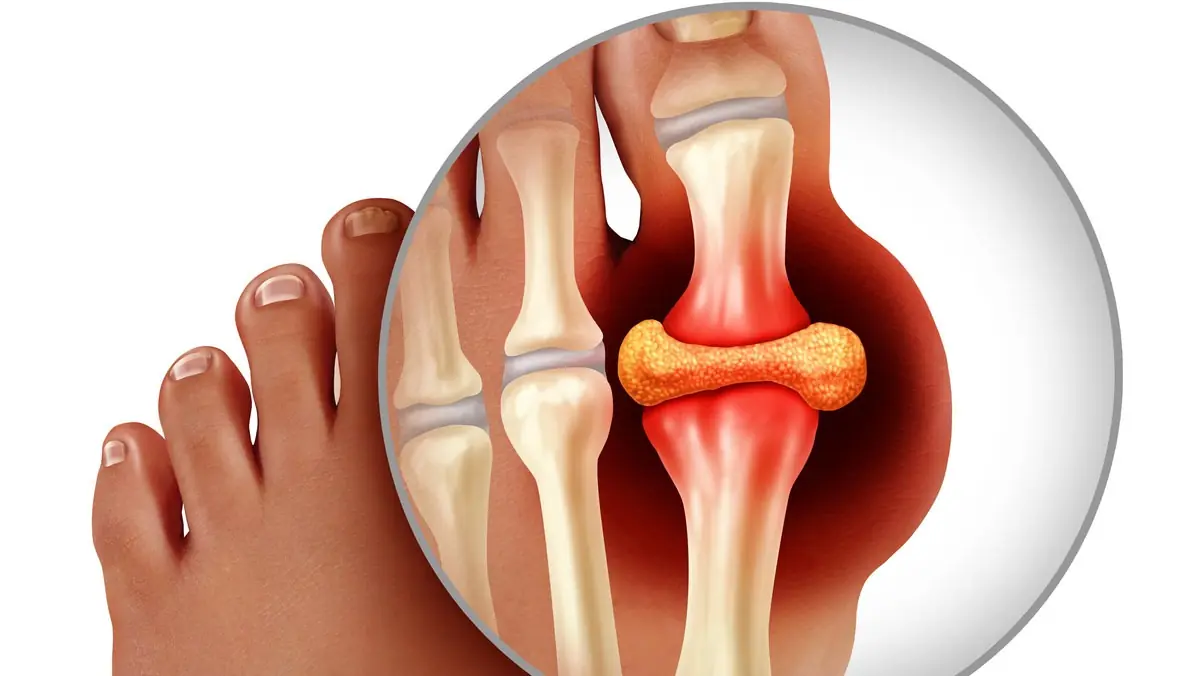
HIGH URIC ACID? SEE THE WARNING SIGNS & RELIEF TIPS

Prepare ginger this way to prevent cancer, reduce cholesterol and lower blood sugar levels!
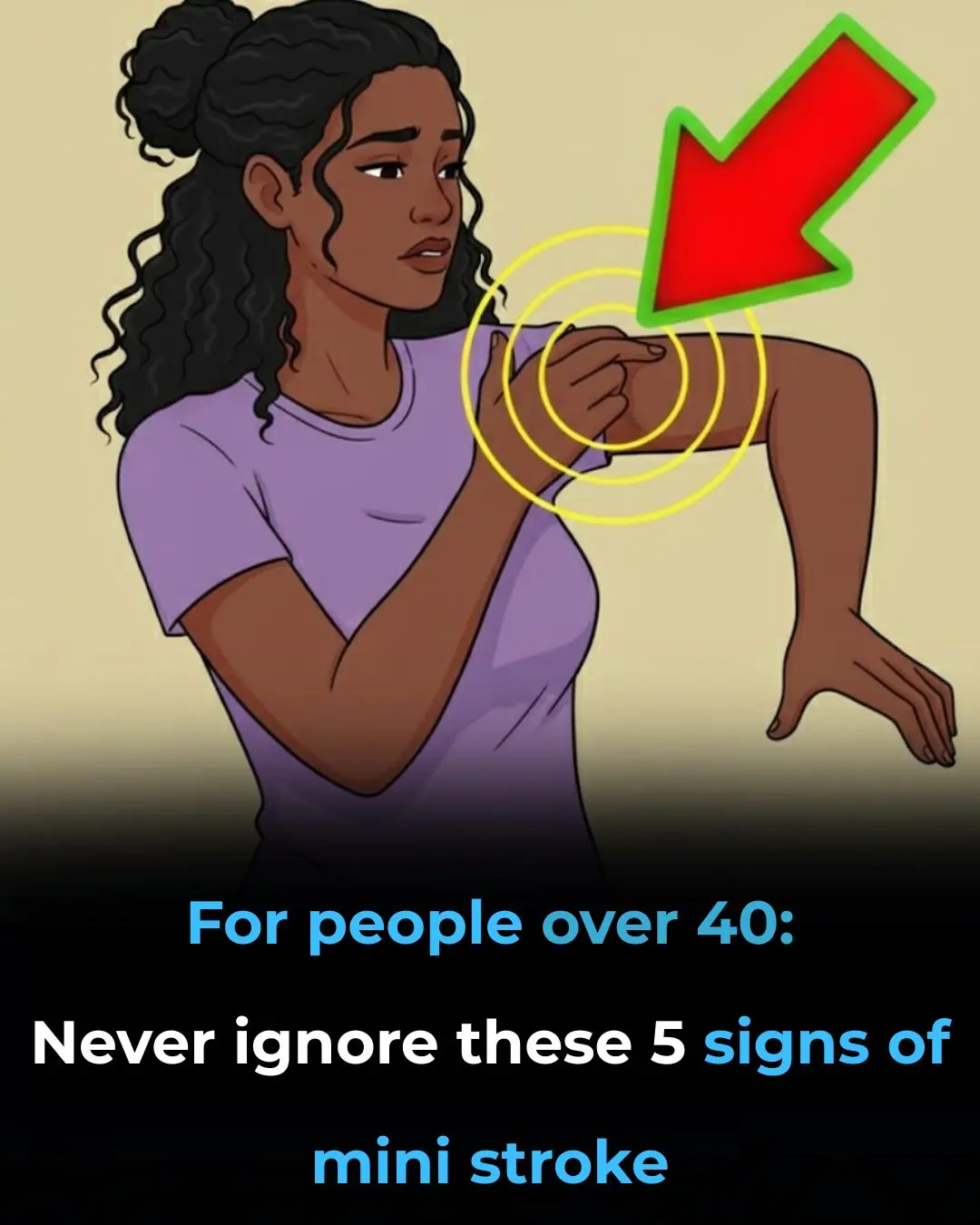
Mini Stroke in People Over 40

Doctors reveal that eating APPLES causes...
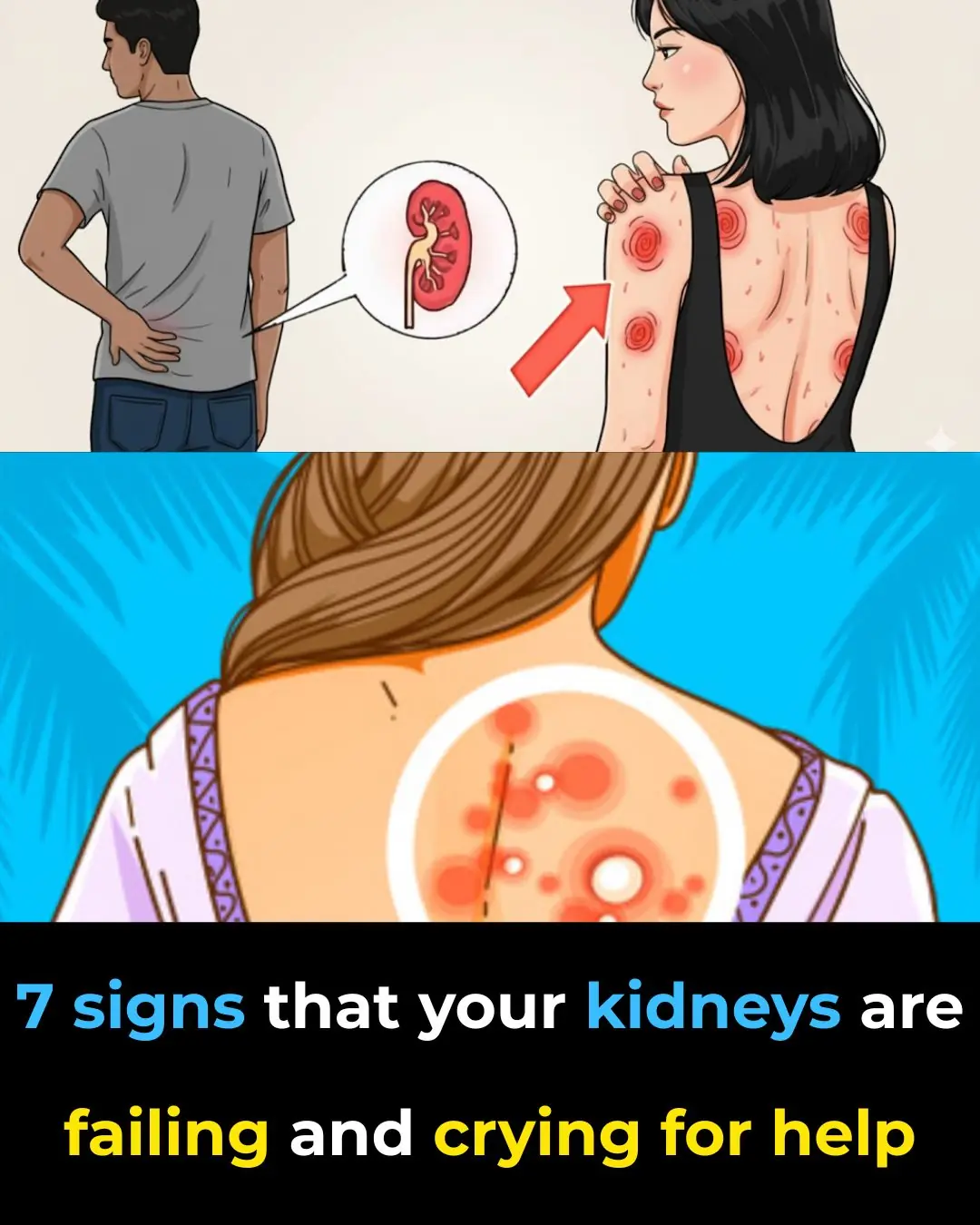
ALERT! 7 Early Signs Your Kidneys Are Crying for Help

Why You Shouldn’t Pluck Your Nose Hairs
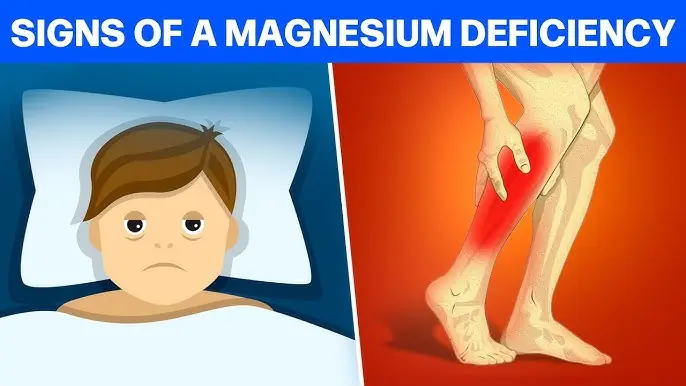
Top 15 Bizarre Signs of Magnesium Deficiency You Need to Know

5 Foods That Can Damage Your Thyroid (Even Though They Look Healthy)
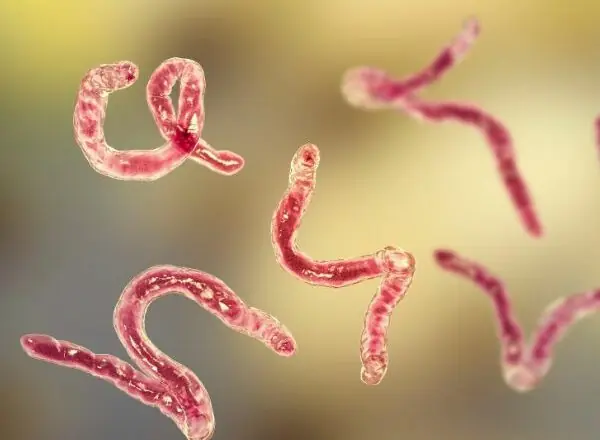
4 Powerful Remedies to Eliminate Parasites — #2 Will Surprise You!
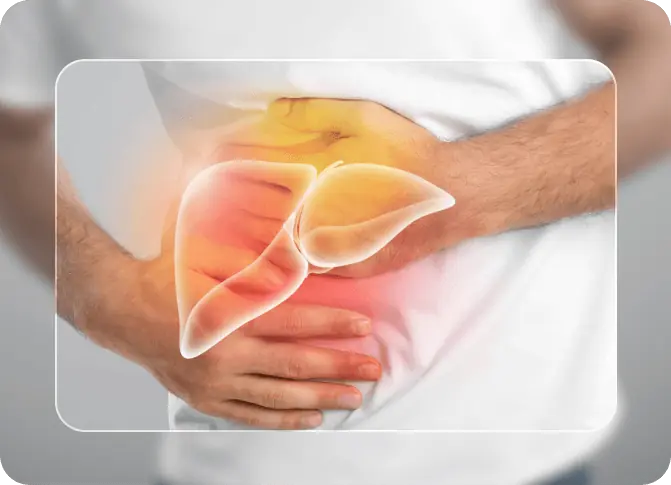
10 Early Warning Signs Your Liver Is in Trouble (Don’t Ignore #4!)

7 Heart-Healing Foods Your Cardiologist Won’t Tell You About

Say Goodbye to Joint and Bone Pain Naturally with This Ancient Herbal Remedy

Do you belong to these 4 types of people? You should know now.

What Happens If You Consume Raw Garlic Daily

Take a Glass of This and Your Liver Will Be Renewed!

Culantro: The Hidden Gem of Your Garden
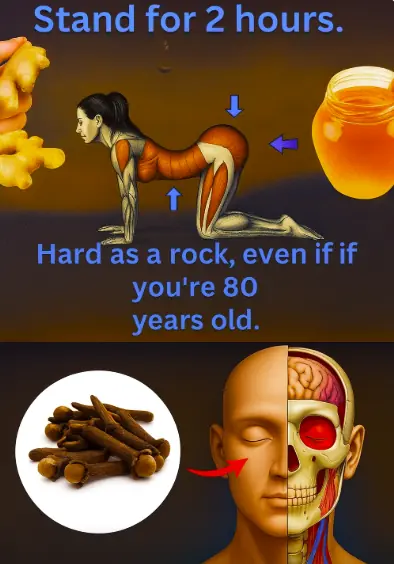
Ginger, Clove, and Honey: The Natural Trio Your Body Will Thank You For
News Post

Here’s the secret why everyone puts avocados on the fire!
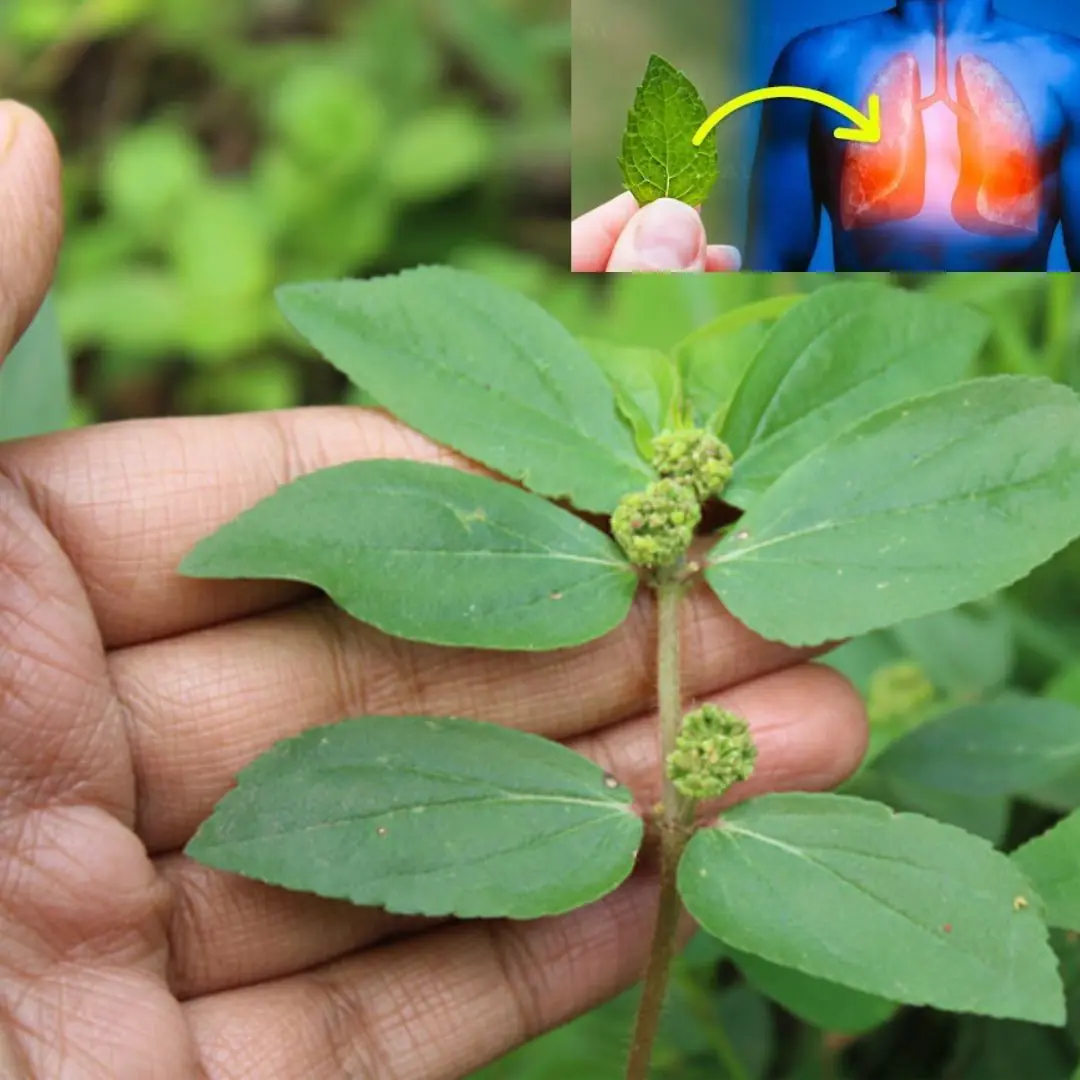
Euphorbia Hirta: 30 Benefits and How to Use It Safely

THE BEST HOME REMEDIES THAT END CONSTIPATION FAST AND NATURALLY

Lady places cup of vinegar into microwave. Here’s the genius reason why

Say Goodbye to Diabetes, Fatty Liver, and Joint Pain with This Powerful Remedy!

My nana taught me this hack to remove hard water stains in 2 mins with 0 work. Here’s how it works

🕷️ Little Black Bugs in the Bathroom? Here’s What They Are & How to Get Rid of Them for Good

Choose a Nail to Discover What Kind of Woman You Are

Never Do These 15 Things for a Man (Even If You’re Madly in Love With Him)

11 Surprising Benefits of The Miracle Leaf of Life

What an Unusual Odor in the Intimate Area Reveals: Signs You Shouldn’t Ignore
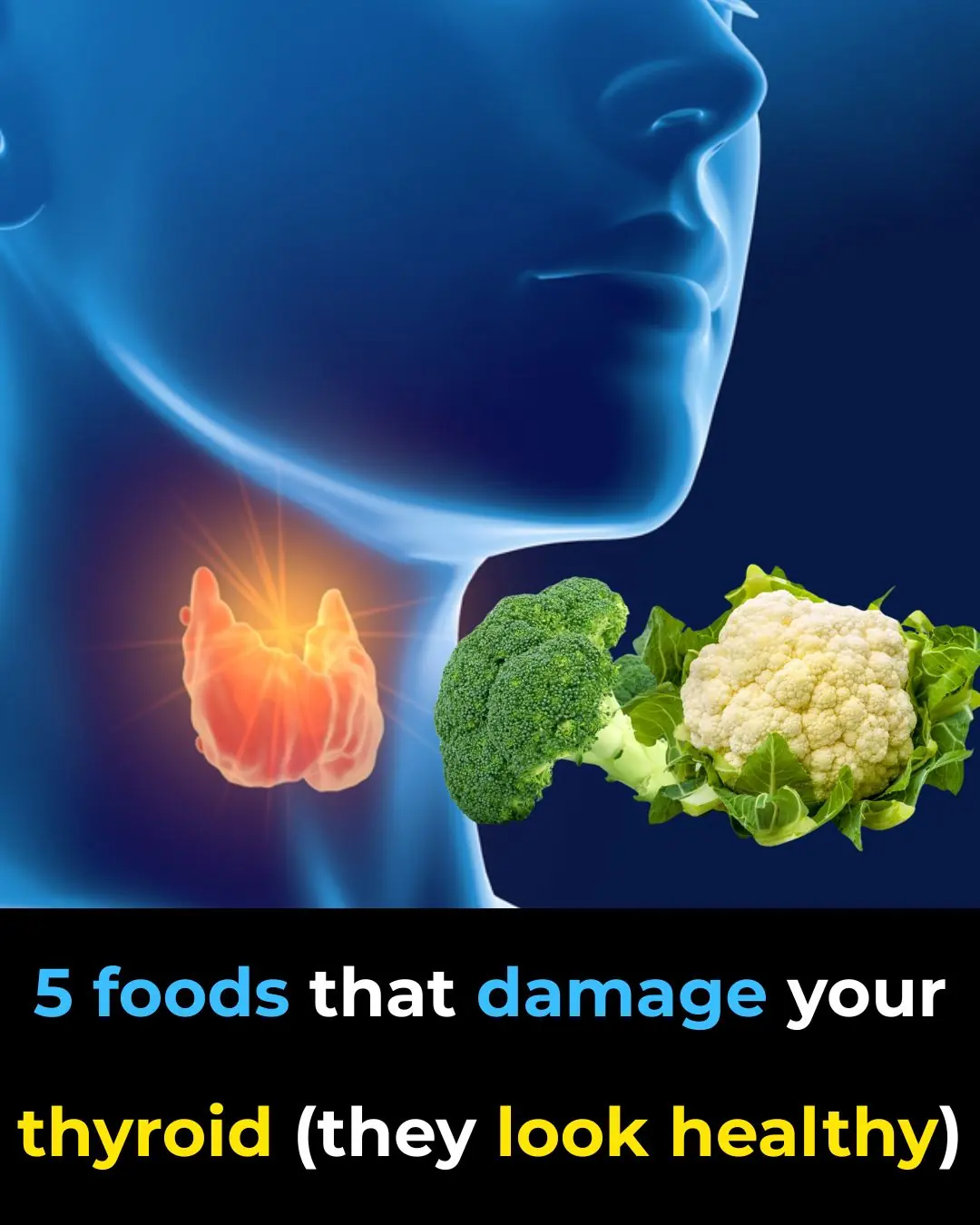
5 foods that damage your thyroid (they look healthy)

Stop wasting freezer space on these 10 foods

HIGH URIC ACID? SEE THE WARNING SIGNS & RELIEF TIPS

Prepare ginger this way to prevent cancer, reduce cholesterol and lower blood sugar levels!

You are doing it all wrong. Here's the right way to use your dryer
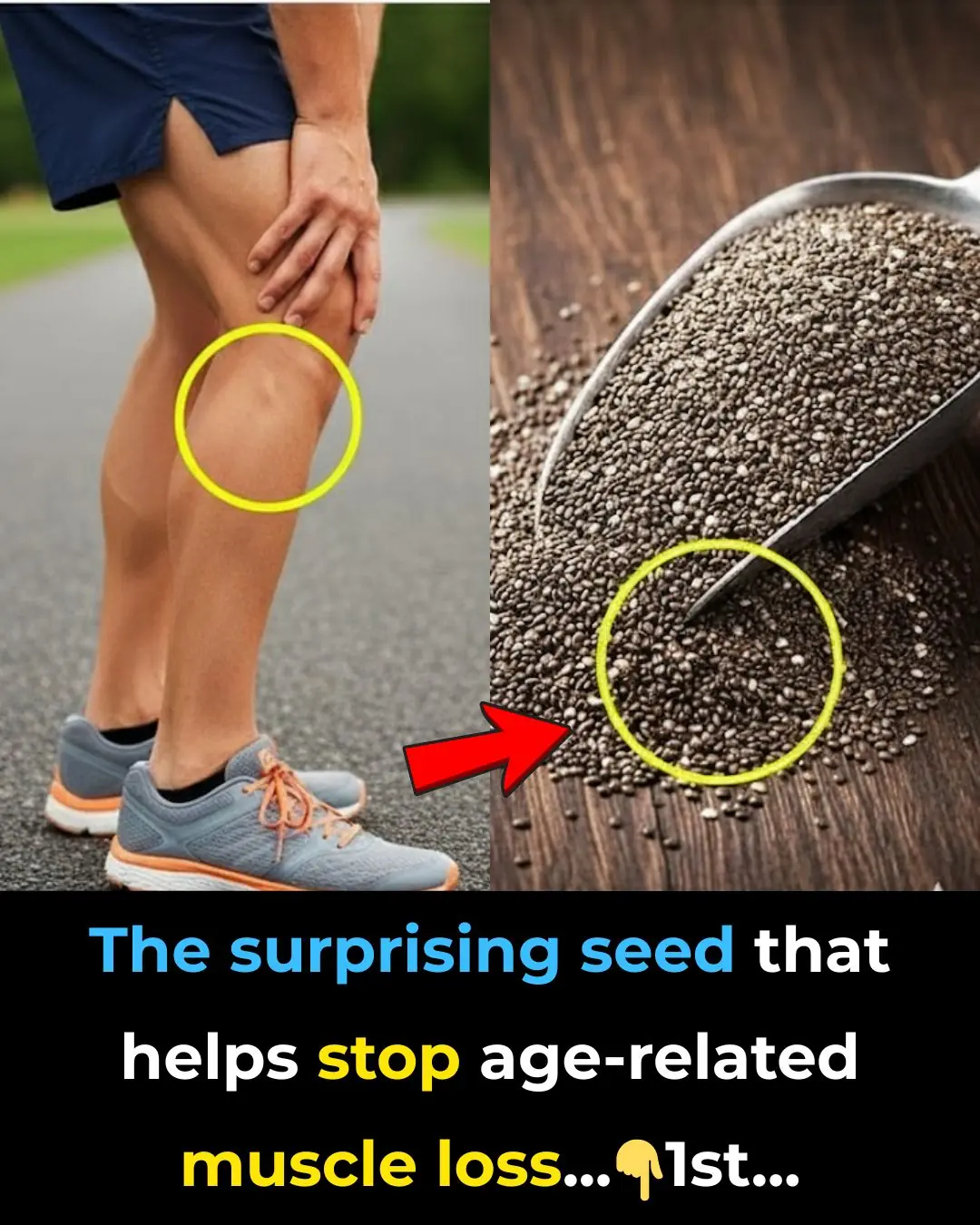
The surprising seed that helps stop age-related muscle loss

Mini Stroke in People Over 40
